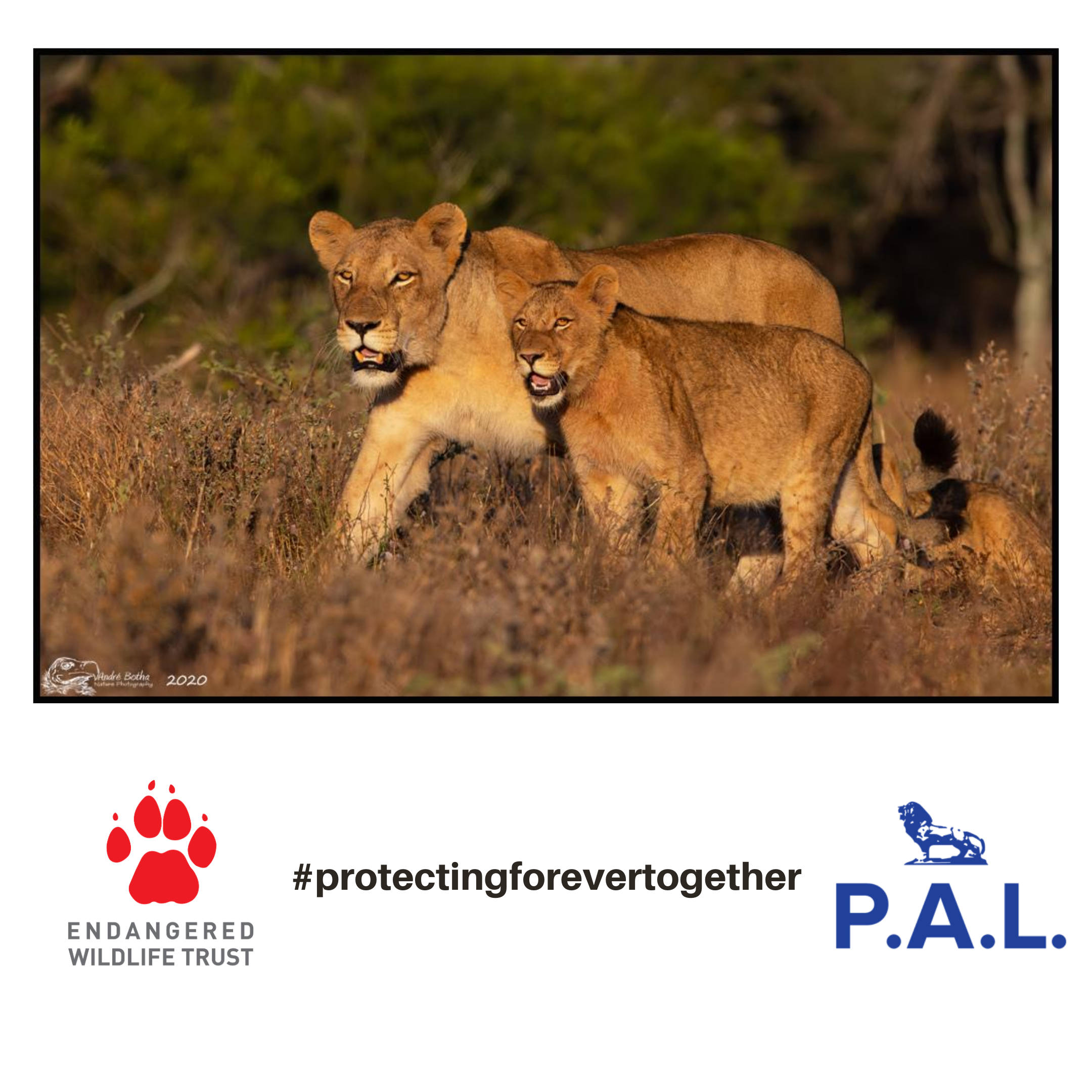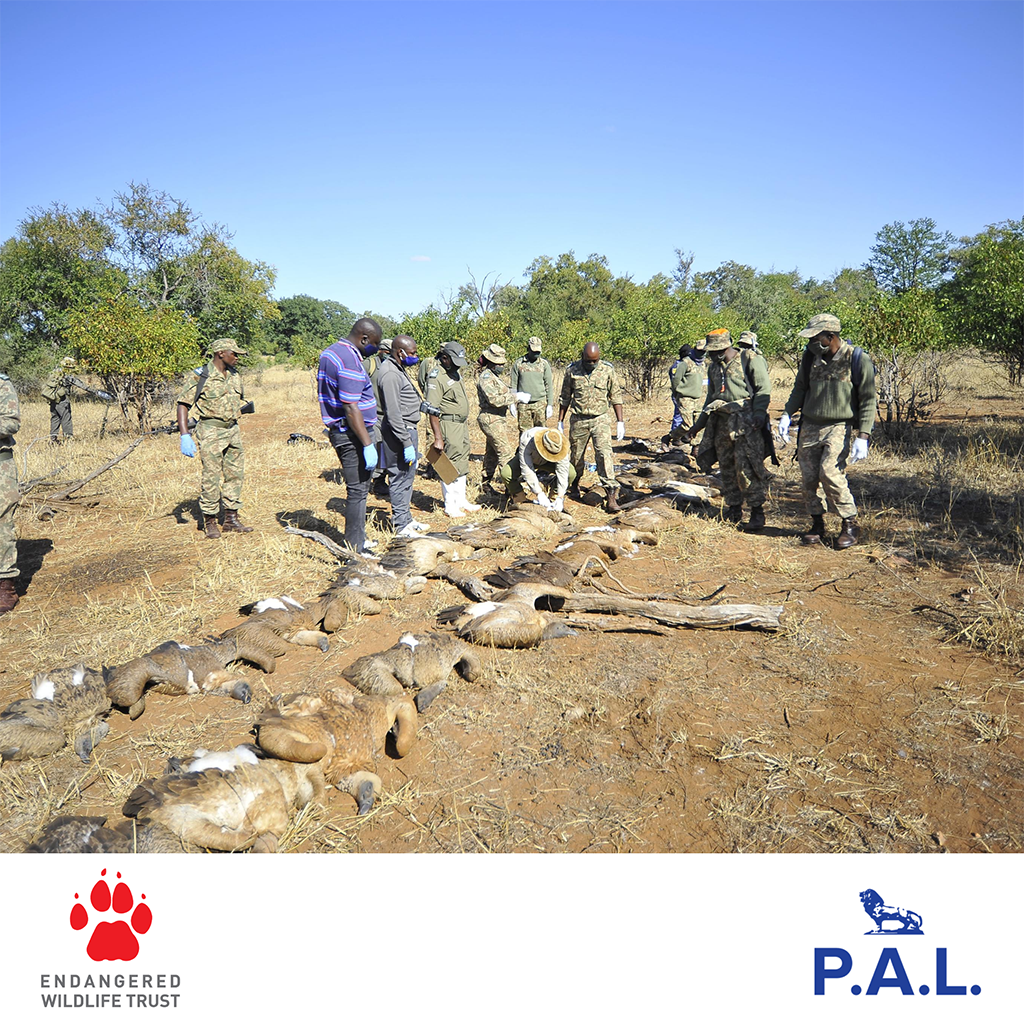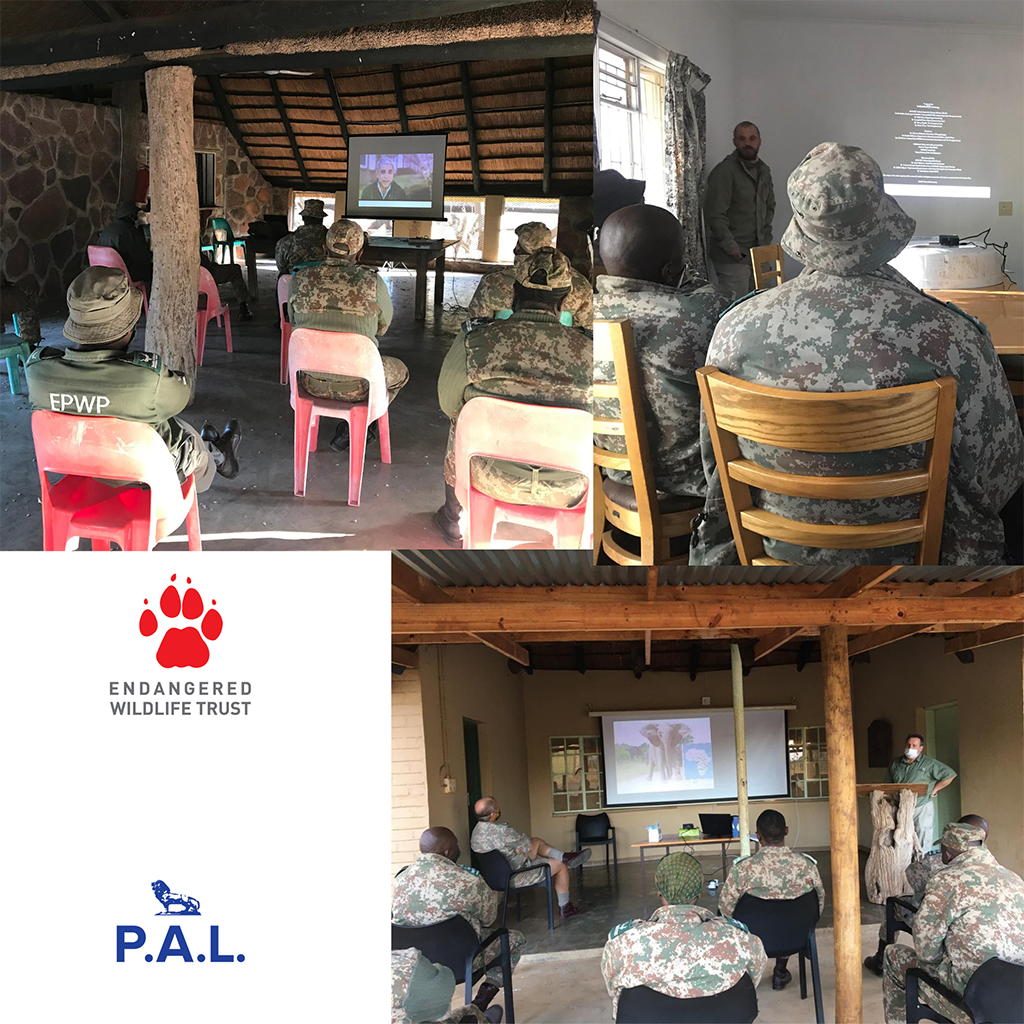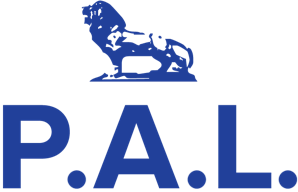PAL foundation funds EWT Projects
Wildlife poisonings have a massively negative impact on a variety of wildlife species and can also harm human beings.
The Greater Kruger area has suffered an increase in the spate of intentional wildlife poisoning. In recent years more than 400 vultures and 50 other animals including lions and elephants, have been affected. Intervention at these incidents have been curtailed by lack of knowledge and capacity to effectively manage and decontaminate scenes to prevent further poisoning.
The EWT’s Poisoning Training & Prevention team assists rangers with the training and tools required to identify the substances and collect valuable evidence during a poisoning event; as well as contain the scene and prevent additional wildlife deaths. This team has been involved in training more than 350 rangers and other conservation staff in the Greater Kruger National Park since mid-May 2020. The training is part of a wider strategy to reduce the impact of wildlife poisoning in the area which has caused significant losses to a range of key wildlife species, including vultures and carnivores.
Training is conducted in such a way that operational capacity in terms of anti-poaching operations is not impeded and all relevant COVID-19 protocols are observed throughout. In addition to the training, we are also working with SANParks and other stakeholders on the drafting and implementation of an integrated strategy to address this emerging threat to the region’s wildlife to ensure viable populations of the above species and other wildlife affected in perpetuity.
With the proceedings of the PAL bracelets the @endangeredwildlifetrust team can continue with and expand our reach to protect wildlife.



